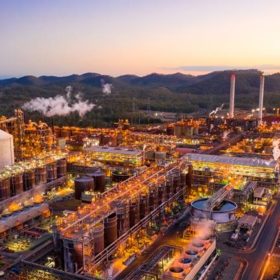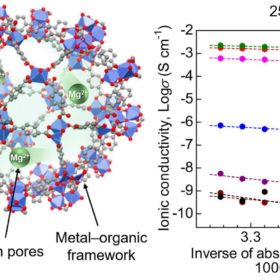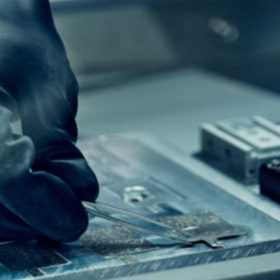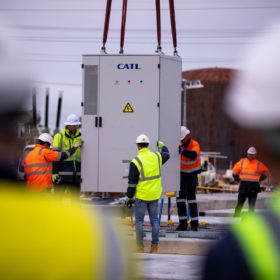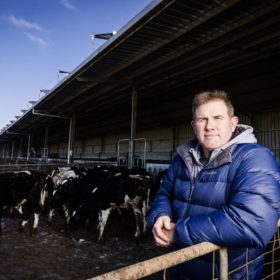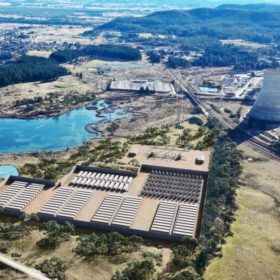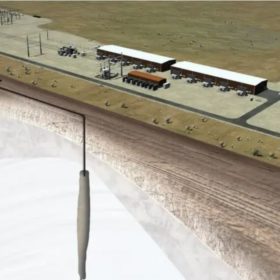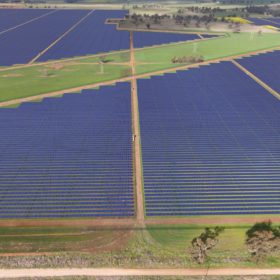Rio Tinto mulls 4 GW of renewable proposals for its Queensland operations
Miner Rio Tinto has received offers to build more than 4 GW of solar and wind capacity after the company sought proposals to help it cut carbon emissions at its Queensland operations.
Magnesium superionic conductor for lithium-free solid-state batteries
Scientists in Japan have developed a novel metal-organic, framework-based magnesium ion conductor with superionic conductivity, even at room temperature.
New research shifts sodium batteries from risky liquid to safe solid
Researchers from Deakin University in Victoria have announced a breakthrough in the development of new polymer electrolyte chemistries that they believe could pave the way for a safer and cheaper alternative to current lithium-ion battery energy storage technologies.
Wave Swell Energy trial delivers conversion rates of up to 50%
Australian renewables company Wave Swell Energy says the time has come for wave power to sit alongside wind, solar and energy storage as part of a modern energy mix after a 12-month trial of its technology in the seas of Bass Strait produced an average rate of conversion from ocean energy to electricity of up to 50%.
Synergy eyes system security as installation begins on WA’s biggest battery
Construction has commenced on what will be Western Australia’s biggest battery energy storage system with the first of the battery units installed for the 100 MW/200 MWh Kwinana Big Battery being built at the site of the decommissioned Kwinana Power Station near Perth.
Australian storage gets Victorian dairy farm to 95% renewables, saving ‘at least’ $70k in bills per annum
Fourth-generation Victorian dairy farmers this week commissioned their 250kW rooftop solar system coupled with 520 kWh of battery storage from Australian company Energy Renaissance. The couple are forecast to save at least $70,000 annually with the system, cutting their grid reliance by 95% and hopefully inspiring neighbouring farms.
Greenspot gets green light for 1,000 MWh battery
New South Wales is a step closer to adding another big battery to its network with Greenspot securing planning approval from state government authorities for a massive 500 MW/1,000 MWh grid-connected battery to be developed at the site of the defunct coal-fired Wallerawang Power Station near Lithgow.
World’s largest underground hydrogen storage project
Mitsubishi Power Americas and Magnum Development are set to begin construction on a 300 GWh underground storage facility in the US state of Utah. It will consist of two caverns with capacities of 150 GWh, to store hydrogen generated by an adjacent 840 MW hydrogen-capable gas turbine combined cycle power plant.
Wirsol secures approval for hybrid solar-storage power plant
New South Wales has given the green light for another large-scale solar PV and battery project with German-owned renewable energy developer Wirsol Energy announcing it has secured amended development approval for a 445 MW solar and energy storage hybrid power plant in the state’s central west.
Rechargeable silicon redox battery for renewable energy storage
Israeli researchers have developed a device that combines a reversible Si anode with halide cathodes and uses hybrid electrolytes to enable cell recharging. In the proposed system configuration, silicon is dissolved during the battery discharge process, and upon charging, elemental silicon is deposited.
